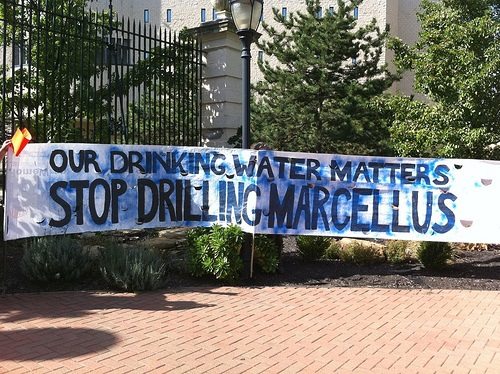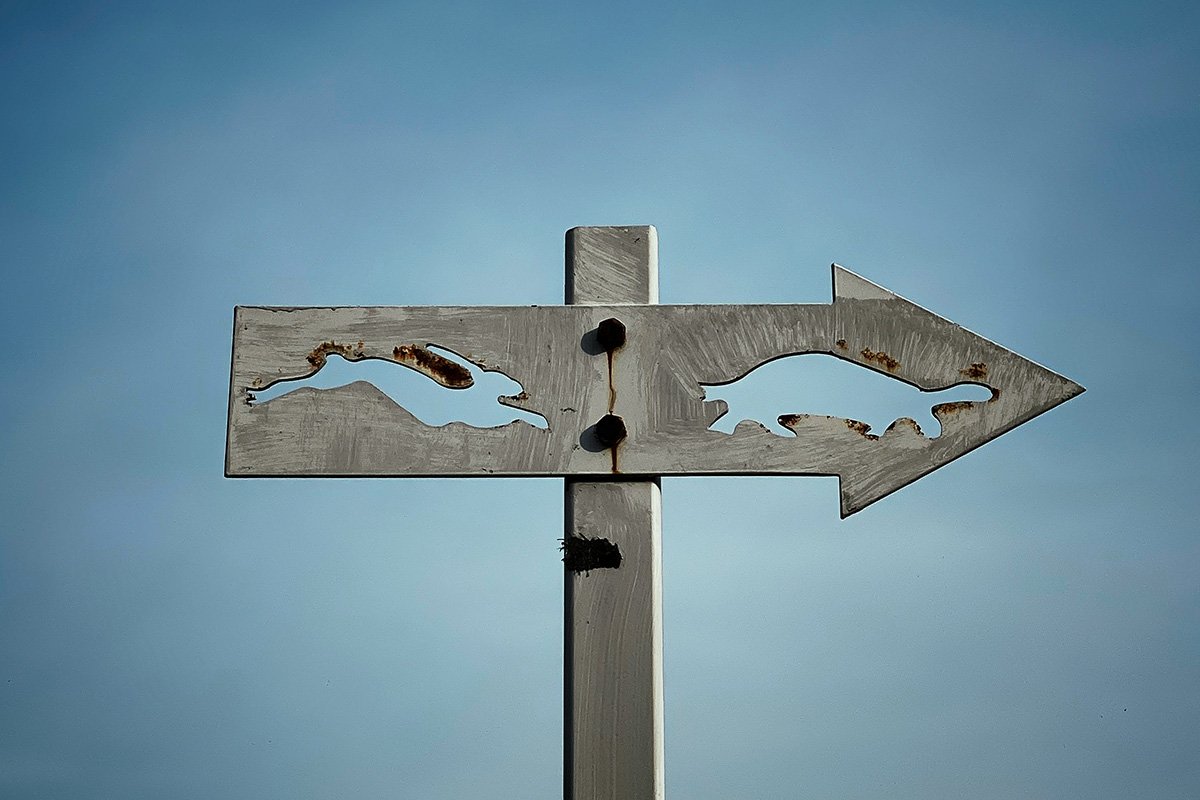
April 27, 2012; Source: Star-Gazette
What do foundations encounter when they engage in advocacy? Advocacy puts foundations in the scrum of competing viewpoints, and they have to be prepared for blowback from the interests that don’t care for the foundations’ perspectives and input.
Sign up for our free newsletters
Subscribe to NPQ's newsletters to have our top stories delivered directly to your inbox.
By signing up, you agree to our privacy policy and terms of use, and to receive messages from NPQ and our partners.
This op-ed from two members of the Joint Landowners Coalition of New York (JLCNY) rips the Ithaca-based Park Foundation for its activism against natural gas development in New York State. The authors had previously met with the Foundation, looking for support on what they refer to as the Coalition’s work on “best practices in natural gas development.”
Apparently, the foundation representatives, while cordial, told the JLCNY people “some things that stung like ice cold water poured down your back.” The conversation was a “nonstarter,” they said. To the JLCNY members, “the true targets of the Park Foundation are the people in the Marcellus Shale communities of upstate New York.”
In a particularly pointed paragraph in the op-ed, the JLCNY president and board member write, “Since that meeting, we’ve noted artificial opposition from time to time…Every time we researched an opposition campaign, inevitably the trail back led to a Park Foundation grant.” Perhaps with an eye to the current debates on the nation’s wealth divide, they wrote, “Foundation officials explained that their wealthy patrons were reticent to allow their pristine land to be affected by drilling rigs. We replied by telling them we had thousands of farmers who shared the same affection for their land…(and) how the farmers were at risk of losing it all to high taxes and costs hitting up against record low profits—and that these farmers wouldn’t allow their farms to be developed unless drilling could be done safely. Noting that they understood the plight of farmers, they replied, ‘We are aware there will be collateral damage from stopping natural gas development.’”
Advocacy on public issues takes foundations into the public arena. They have to be prepared for body slams like this op-ed and develop a thick skin, much like politicians do, so that the blowback from the opposition doesn’t scare them out of the advocacy arena.—Rick Cohen











